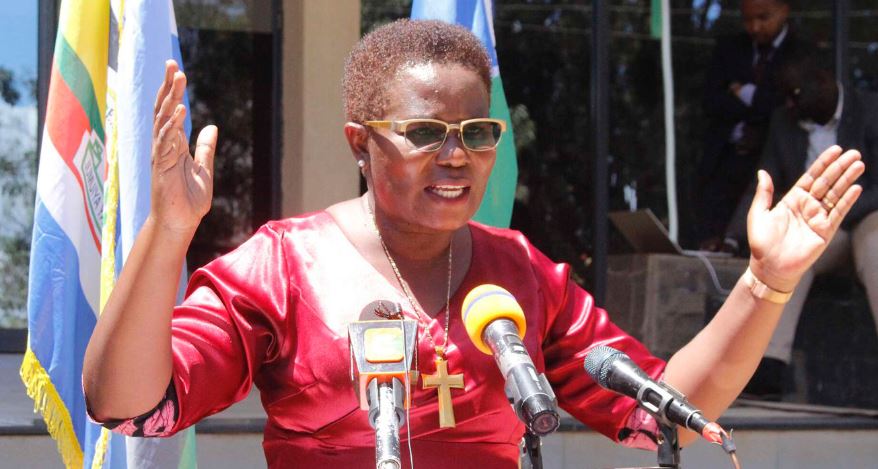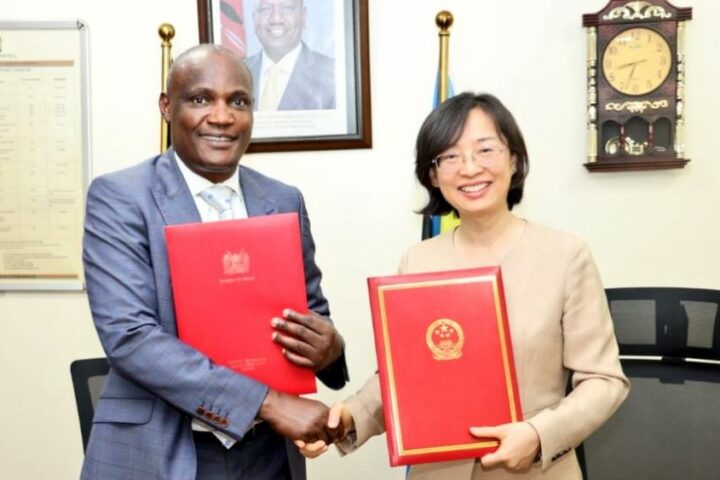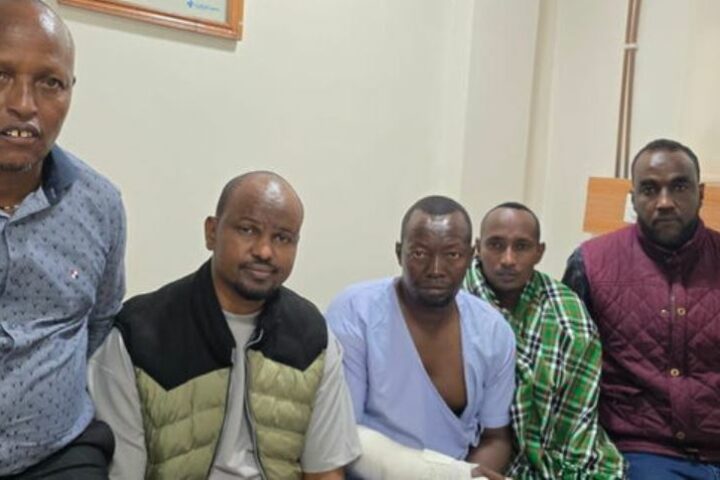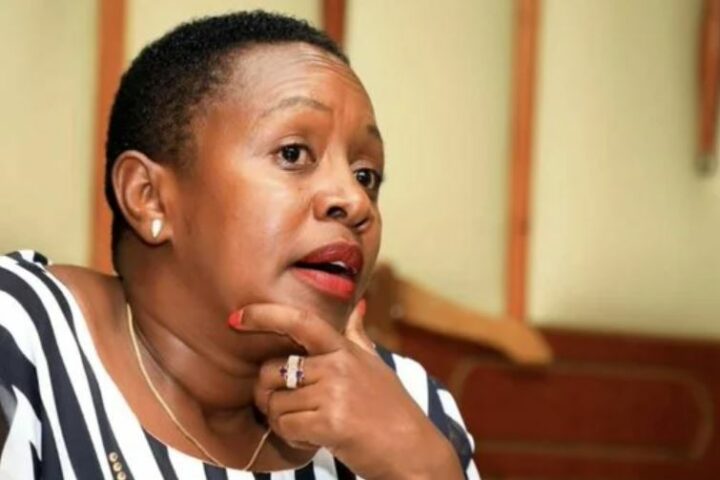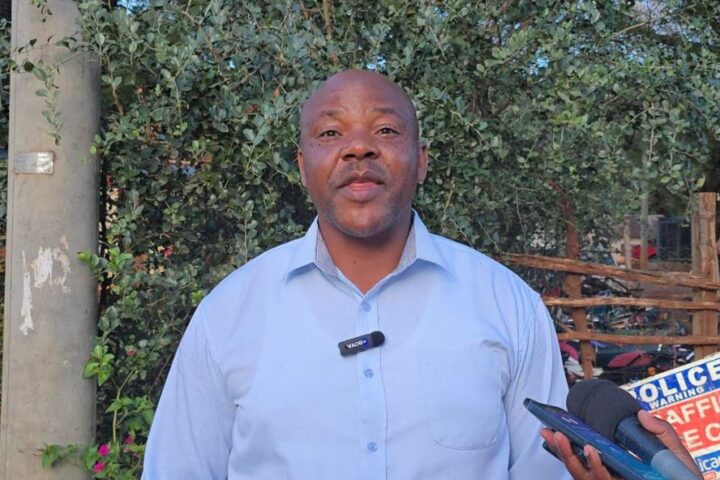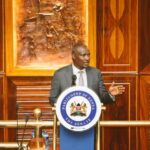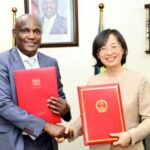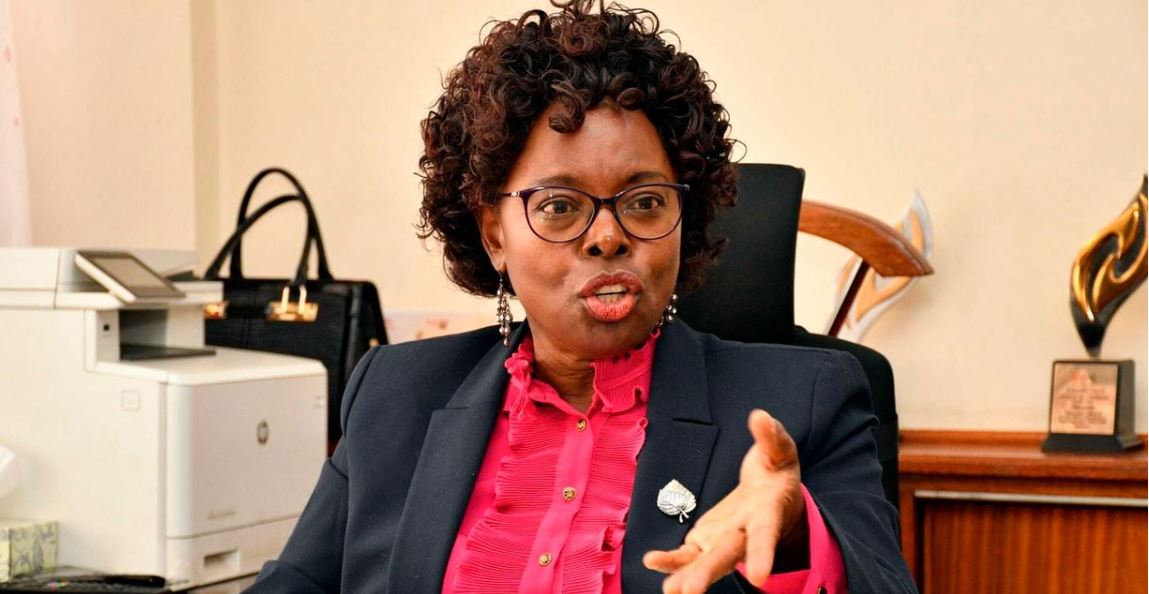 The State Department for Public Works is facing tough questions after Controller of Budget (CoB) Margaret Nyakang’o flagged the unexplained expenditure of Ksh1.34 billion—with no completed projects to show for it.
The State Department for Public Works is facing tough questions after Controller of Budget (CoB) Margaret Nyakang’o flagged the unexplained expenditure of Ksh1.34 billion—with no completed projects to show for it.
Nyakang’o has raised serious concerns about financial accountability and the management of public funds within the department. Initially, the department was allocated Ksh5.01 billion, but this amount was later revised down to Ksh3.91 billion in a supplementary budget.
These funds were meant to support key development projects, including the construction of government buildings, pedestrian access paths, and the regulation of the construction industry. However, reports indicate that despite spending Ksh1.34 billion in the six months leading up to December 2024, there is no evidence of completed projects.
“The State Department for Public Works spent Ksh3.69 million (2 percent) from the development budget and Ksh1.34 billion (36 percent) on the recurrent budget, implying delayed execution of the development budget,” Nyakang’o stated.
She further noted that no tangible outputs were recorded in the first half of the 2024-2025 financial year, raising concerns about how these funds were utilized.
One of the department’s key assignments was installing footbridges, yet not a single one had been built by December 31, 2024.
Additionally, it was tasked with processing and reviewing 20 term contracts, but none had been handled.
Nyakang’o also pointed out that 500 buildings were scheduled for inspection and audit, yet not a single one had been assessed—further deepening concerns about mismanagement and lack of accountability.
The only project that received funding during this period was the Ololunga-Olepolos B Bridge, which was allocated Ksh16 million.
However, records show that only Ksh200,000 was spent, leaving the whereabouts of the remaining funds shrouded in mystery.
“An analysis of the projects the State Department for Public Works implemented indicated that no projects were funded during the first half of the financial year 2024-2025,” the CoB stated.
With such glaring discrepancies, all eyes are now on the department to provide answers on where the funds went and why development projects remain incomplete.

